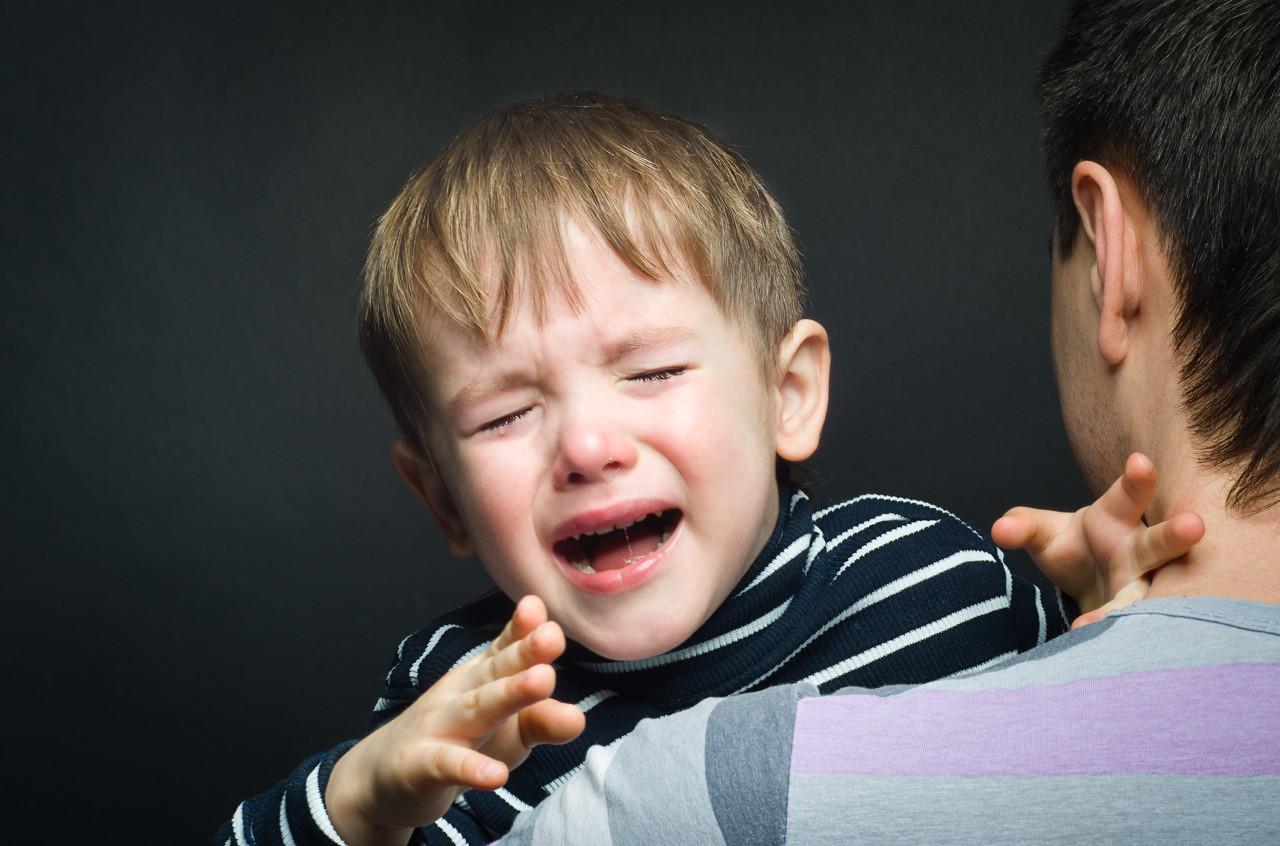Recently, old editors often see similar messages backstage:
The 3-year-old child can’t stand setbacks at all. He runs faster than his father and cries if he doesn’t win. He is only happy to let him win on purpose after the last time.
The baby is too strong to pout if he doesn’t take the first place, and he doesn’t know whether this is a good thing or a bad thing.
Children [can’t afford to lose] is a headache for many parents.
Always coaxing the child, they are afraid that he can’t stand setbacks in the future. If he is allowed to cry and feel sorry for himself, what can he do?
Children [can’t afford to lose] are really common, not only Chinese children, but also many foreign children have this characteristic.
If you want to help your child establish a common heart, you must first correctly understand your child’s [can’t afford to lose].
It is normal that children are unwilling to face failure.

About one year old, children begin to have self-awareness.
Who opens the door first, who gets on the bus first, who wins the game… These seemingly insignificant small things for parents are actually big things for children to prove themselves.
Failure to succeed in these [major events] is equivalent to denial to children, which has a much greater impact on them than we thought.
Children’s psychology research believes that under the effect of self-protection consciousness, it is normal for children not to face failure at this time, which is the instinctive reaction of human beings.
Not only children, but also adults will be sad and depressed when they fail. It takes a long time of [self-training] and [psychological construction] to face it calmly.
Children do not have enough understanding of emotions, cannot express them properly, and cannot effectively channel themselves. They can only vent their emotions by crying. It seems that they cannot afford to lose.
The child [can’t afford to lose] may be caused by your two words.

Children’s behavior is closely related to the information conveyed by parents during their usual education.
In normal communication, some habitual languages of parents have virtually affected their children and formed their children’s character of being afraid of failure, of which these two sentences are the most destructive.
1. [Mom Helps You]
Some mothers are very conscientious and always do the work for their children in the first place whenever they need it.
Seeing the child eating slowly, he took the spoon: [Baby opens his mouth, come on, mom feeds you! ]; The child’s pants could not be lifted by himself, so he rushed up immediately: [Baby let go, come on, mom help you! ]
In this way, Eva’s tolerance for failure will be very low. Once you can’t help them in time, bad emotions will fill them up.
They have not experienced setbacks, let alone experience in dealing with failure emotions. The most likely consequence is emotional collapse.
2. [What can I cry about with such a few things? ]
When parents see their children crying because of trivial failures, they almost blurt out [what can they cry about? ]
For children, this sentence has no placating effect and also conveys two very negative messages. One is that my parents don’t understand me. The other is: I let them down.
This will make children feel rejected, become more insecure and dislike to try.
To help children establish a common heart, it is absolutely right to start with these three points.

1. Accept calmly and allow children to cry.
Parents’ acceptance of their children’s failure can make children understand that they can be understood and loved anyway.
Once our class organized everyone to play games, the little girl Nini failed to climb the [volcanic wall] first. After she slipped down, she hid beside her father and buried her face in his palm.
I went over to touch her hair and encouraged her [you did a good job]. Without saying a word, she burst into tears.
At this moment, Nini’s father hugged her and said gently:
[Baby, I understand your sadness now. Dad will also be very sad when he loses the first place. However, whether you win or lose, we all love you and you are a very good child.]
Under his encouragement, Nini stopped sobbing intermittently.
2. Be sure to work hard and give children confidence.
When a child encounters difficulties, in addition to helping him finish, it is better to guide him and let the child see the hope of success.
My friend is very good at this. Her daughter can’t spell the jigsaw puzzle well. She jumped in a hurry and whined to her for help.
The friend observed it and then patiently guided it:
[Baby, in fact, your corner is almost finished. It’s amazing! ]
[We will start from this small corner, first look for the elephant’s legs, then look for the body, finally look for the tail… We will definitely be able to spell it out.]
Then she inspired the child to think about color, shape and pattern, gave verbal help, encouraged the child to finish the puzzle, and encouraged her to make every small progress.
Finally, although the puzzle was still at sixes and sevens, the child had already packed up his emotions and showed a smiling face.
The success of a friend lies in her ability to point out that the child has done well when the child fails. She guides the child to make an objective analysis of the failure and strives for progress next time.
3. Reflect on the ordinary and reject the result orientation.

Most of the time, children attach great importance to winning or losing, which is inseparable from parents’ over-emphasis on results.
This will lead children to directly link the results with their own good or bad, feeling that failure is their own failure.
In fact, when dealing with the same thing, Chinese children and foreign children may have completely different reactions. This point, I have the deepest experience in kindergarten education experience at home and abroad.
One of the simplest scenes, such as children accidentally spilling milk.
Most Chinese children’s most direct reaction may be to look at their parents nervously, worry about being criticized, or cry with a [wow].
The children I met in North America would say [sorry] first, then run to get a lot of paper towels and squat down to try to clean up the ground.
Children’s behavior directly reflects parents’ attitude towards children [making mistakes] under different cultures.
In our culture, parents are used to using [shame] and [moral judgment] to force their children to submit.
The biggest problem with this kind of education is to let children link the results of their behaviors with their personal sense of value.
What was supposed to be a scene of “wrong things for people” turned into a scene of “wrong things for people”, which eventually led to children “winning but not losing”.
If we calm the child’s emotions and tell him how to remedy them before opening our mouth to criticize him, the child will know how to deal with similar scenes again, instead of covering up or escaping.
If parents regard their children as unfrustrated [greenhouse flowers], they naturally cannot stand the test of reality and lack [resilience] in adversity. Sooner or later, they will be as weak and eclipsed as flowers out of season.
On the contrary, by helping children build confidence, they can be nourished by life and grow into a tough and tall tree against the wind.
